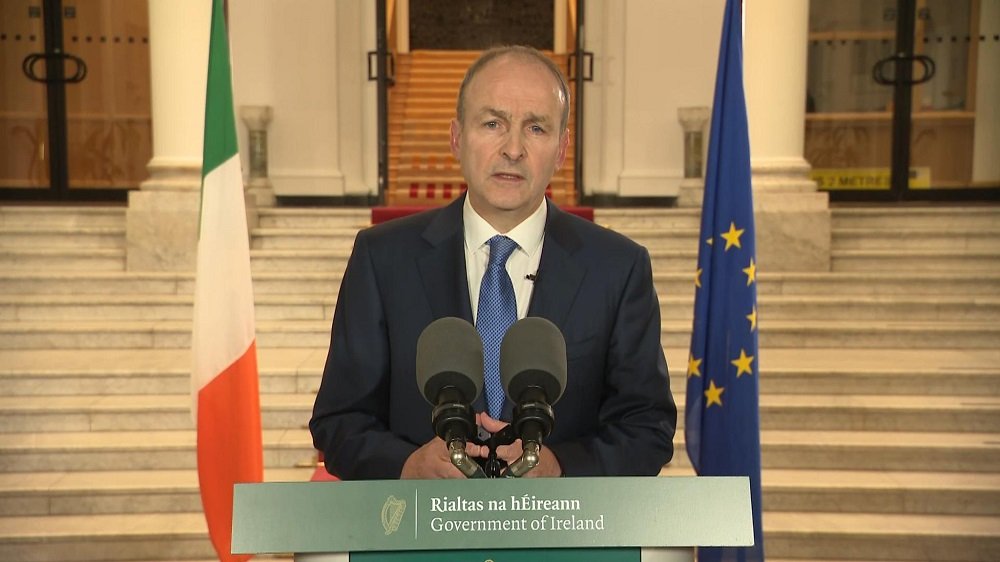On Tuesday, announcing adjustments to the reopening plan, Taoiseach Micheál Martin spoke of Ireland’s tortuous Covid journey, declaring this latest decision yet another twist in the road.
For the hospitality industry, this has been a relentless fifteen months. The decision to further delay indoor dining, just six days out from the 5 July reopening date set in May, represented more than a twist—it was a severe collision on the journey back to normal.
Ireland’s hospitality industry has endured the longest lockdown in the EU. While our industry remains shut to indoor diners, now without a timeline for full reopening, indoor dining has reopened in most of mainland Europe.
To enter a bar or restaurant in Germany, punters show some form of proof of vaccination or a negative Covid test. In the UK, there is no need to prove anything; in most cases you simply leave your contact details on a piece of paper or sign in with the NHS app. This has been the case for months.
PLANNING FOR A PLAN BEING PLANNED
The Taoiseach’s address raised more questions than it answered. In an interview on RTÉ News at One, Minister for Health Stephen Donnelly went to great lengths to assure the public that the Government was now in listening mode.
He said the Government would listen to the hospitality industry on how best to roll out a vaccine pass system for indoor diners—and allow it the time to plan for a plan that is still being planned but is nevertheless due for delivery in less than three weeks.
The industry is justifiably furious. There are stark inconsistencies in the Government’s decision-making on hospitality, and these inconsistencies are only exacerbated by a lack of hard data on the specific risk presented by indoor dining and why keeping it fully shut remains the best course of action.
While Nphet has presented projections of the ongoing threat of Covid-19 and grim data on the Delta variant, these are based on a series of best- and worst-case scenarios that may or may not occur.
With inconsistent messaging, impractical solutions, and the uncertainty that comes with no definitive date for resuming indoor dining, the industry is at a standstill.


